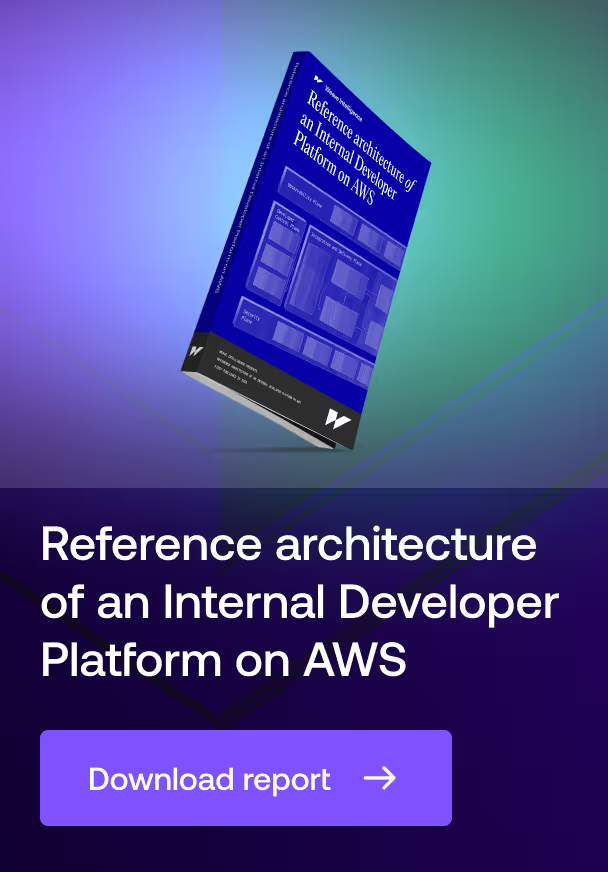Profile
Fluent Bit is a high-performance telemetry agent designed for collecting, processing, and forwarding logs, metrics, and traces in cloud-native environments. As a graduated CNCF project under Apache License 2.0, it serves as a critical component in modern observability infrastructure. The tool's distinguishing characteristics include its lightweight footprint (approximately 450KB), exceptional performance through C-based implementation, and vendor-neutral architecture supporting over 80 plugins for diverse data sources and destinations. Its primary value lies in providing efficient, reliable telemetry processing while maintaining minimal resource consumption.
Focus
Fluent Bit addresses the fundamental challenge of managing telemetry data across distributed systems efficiently. It eliminates the need for multiple specialized agents by consolidating logs, metrics, and traces processing into a single lightweight pipeline. The tool serves platform engineers and DevOps teams requiring reliable telemetry collection in resource-constrained environments, from edge devices to large-scale cloud deployments. Key benefits include unified data processing, flexible routing capabilities, and the ability to handle high-throughput scenarios while maintaining minimal CPU and memory utilization.
Background
Created by Eduardo Silva in 2014 while at Treasure Data, Fluent Bit emerged as a lightweight alternative to Fluentd for embedded Linux environments. The project has evolved into a cornerstone of cloud-native observability, adopted by major cloud providers including AWS, Google Cloud, and Azure as their default logging solution for managed Kubernetes services. Currently maintained under CNCF governance with Chronosphere as primary corporate sponsor, the project maintains vendor neutrality through diverse community contribution and strict governance standards.
Main features
Efficient event-driven processing pipeline
The core pipeline architecture implements a sophisticated multi-stage processing model using an event-driven design that leverages operating system APIs for asynchronous I/O operations. The pipeline processes data through distinct stages including input collection, parsing, filtering, buffering, and output delivery, with each stage optimized for maximum throughput. The implementation achieves exceptional performance by maintaining minimal CPU utilization (typically 1-2%) and memory footprint (sub-megabyte) while handling hundreds of thousands of events per second through careful resource management and zero-copy operations where possible.
Extensible plugin-based architecture
The plugin system provides a structured framework for integrating diverse data sources, transformation logic, and output destinations through three primary categories: input, filter, and output plugins. This architecture enables users to compose precise telemetry pipelines by selecting only necessary components. The system supports plugin development in multiple languages including C, Lua, and WebAssembly, while maintaining core efficiency. Built-in plugins cover common scenarios like log file tailing, container log collection, and integration with major observability platforms.
Advanced stream processing and data transformation
The stream processing engine enables real-time analysis and transformation of telemetry data using SQL-like queries for filtering, aggregation, and derivation of new data streams. It supports sophisticated operations including time-based windowing, field-based grouping, and complex event processing. The system can perform operations such as converting logs to metrics, enriching data with external metadata, and implementing conditional routing logic. This capability proves particularly valuable for extracting quantitative insights from unstructured log data without requiring external processing frameworks.







